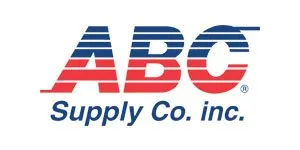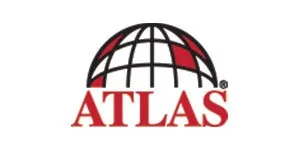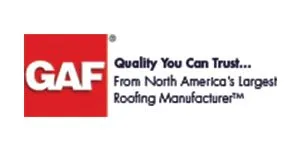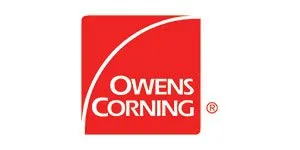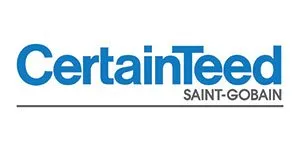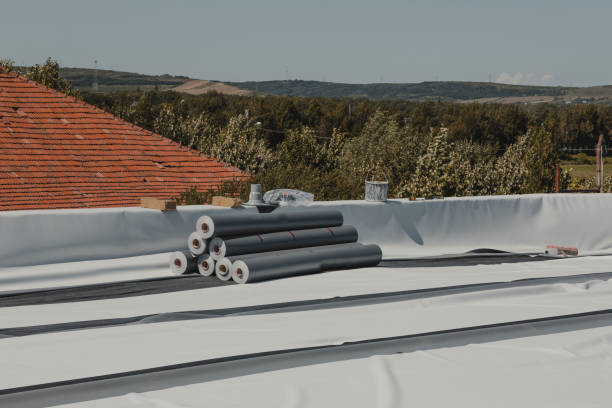
PVC Roofing is setting new benchmarks in the world of roofing solutions. As a contemporary answer to varied roofing challenges, PVC Roofing combines durability, efficiency, and sustainability, making it an ideal choice for residential and commercial structures.
This roofing solution offers a unique blend of attributes. Firstly, PVC Roofing is known for its robustness, resisting diverse weather conditions from scorching sun to torrential rains. Its inherent resilience ensures that structures remain protected for years, reducing the need for frequent maintenance or replacements.
Eco-conscious individuals and businesses are increasingly drawn to PVC Roofing due to its environmentally friendly features. Beyond its green appeal, it is also a practical choice. Its reflective properties play a pivotal role in energy conservation, leading to significant savings on energy bills.
Moreover, the versatility of PVC Roofing allows it to seamlessly blend with different architectural styles, ensuring aesthetics aren’t compromised for functionality. In a rapidly evolving construction landscape, PVC Roofing is undoubtedly leading the charge, offering unmatched benefits that cater to modern needs. PVC Roofing is the gold standard for those seeking longevity, sustainability, and elegance.
PVC Roofing, short for Polyvinyl Chloride roofing, is a single-ply roofing solution that has gained significant traction in the construction industry due to its advantages. It comprises sheets made of two layers of PVC material, with polyester acting as a reinforcement between them. This design enhances its durability and flexibility, making installing on varied roof structures easier.
One of the most defining characteristics of PVC Roofing is its exceptional resistance to fire, chemicals, and water, making it a safe and long-lasting choice for many environments. Furthermore, its UV resistance ensures it doesn’t deteriorate quickly under the sun, while its reflective properties aid in energy efficiency by reducing heat absorption.
Aesthetically pleasing with its clean and modern appearance, PVC Roofing can be customized to suit different architectural preferences. Beyond looks, its ability to withstand strong winds, heavy rainfall, and even punctures makes it a reliable choice for those seeking a roofing solution that combines form, function, and longevity.
This type of PVC roofing is secured using mechanical fasteners. It’s commonly used in areas that experience high winds because the fasteners ensure the roofing stays intact. The plates and fasteners are usually hidden beneath the PVC membrane’s overlapping sections, ensuring a seamless finish.
Fully adhered PVC roofing systems use specialized adhesives to bond the PVC membrane directly to the roof’s substrate. This method offers a smooth appearance and is typically chosen for buildings with paramount aesthetics. It’s also highly resistant to uplift from strong winds.
The fleece-backed PVC roofing is designed for enhanced durability. The added layer of fleece provides additional insulation and ensures superior puncture resistance. This type is especially suitable for rooftops that experience heavy foot traffic or have equipment installed.
In this type, the PVC membrane is held down using ballast, typically in the form of stones or pavers. Ballasted PVC roofing is beneficial in terms of insulation and can be a more economical choice due to the reduced use of adhesives and fasteners. However, it’s essential to ensure the building’s structure can support the additional weight of the ballast.
Each type of PVC roofing offers its advantages and is chosen based on the specific needs of a project, whether it’s wind resistance, aesthetics, durability, or budget considerations.
Like all materials, PVC Roofing comes with its own advantages and disadvantages. Being informed about these can help make an educated decision regarding its use.
Understanding these pros and cons will help evaluate whether PVC roofing is the right fit for a particular project and ensure the material’s benefits are maximized while its limitations are mitigated.
At SCR, our commitment to excellence shines through in our meticulous PVC roofing installation process. Every project begins with a thorough site assessment to evaluate the existing roof’s condition and pinpoint potential challenges. Once the roof surface is prepared, ensuring it’s clean, dry, and devoid of debris, our team carefully rolls out the PVC roofing membrane, allowing it to adjust to the environment for optimal flexibility.
The hallmark of a quality PVC roof lies in its seams. Using state-of-the-art welding equipment, our skilled technicians overlap and seal the PVC sheets, forming impenetrable watertight seams that defy weather and time. Depending on the specific requirements, the PVC membrane is securely attached to the roof structure using the preferred method, mechanically fastened, fully adhered, ballasted, or with a fleece backing.
Every installation concludes with SCR’s signature finishing touches – from flashings to edge details, ensuring a comprehensive and watertight roofing solution. Post-installation, a rigorous quality assurance check reaffirms our commitment to perfection. With SCR handling your PVC roofing installation, you’re not just getting a roof but investing in peace of mind.
Choosing SCR, Inc. for your PVC roofing needs means choosing excellence, reliability, and a roofing solution that meets and exceeds your expectations. Our expertise, commitment to quality, customized approach, transparency, and stellar reputation make us the go-to choice for PVC roofing in the Dallas-Fort Worth area.
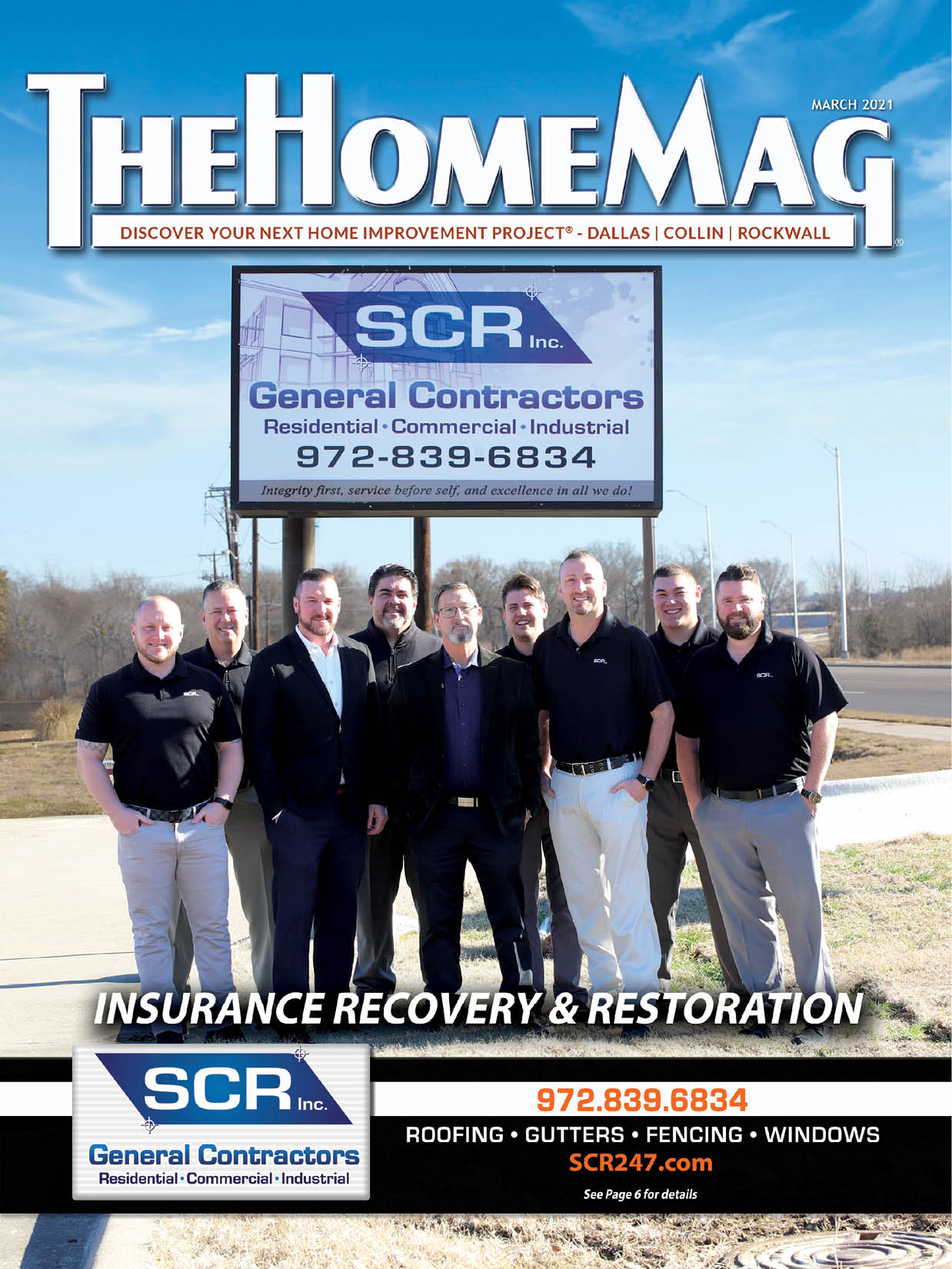
Absolutely! At SCR, we’ve been in the roofing industry for years, and we can attest to the benefits and reliability of PVC roofing. PVC roofing offers outstanding durability and chemical resistance and is known for its excellent fire and water-resistant properties. It also provides a reflective surface, contributing to energy efficiency and decreased cooling costs. We often recommend PVC roofing for clients seeking a long-lasting and efficient roofing solution.
When properly installed and maintained, PVC roofs have 20 to 30 years of lifespan. This longevity can be attributed to the resilience of PVC as a material, its resistance to various elements like chemicals, water, and UV rays. At SCR, we ensure that every PVC roofing installation meets the highest standards, maximizing its lifespan for our clients.
Typically, PVC roofing systems do not require traditional underlayment since the PVC membrane is a barrier against water, UV rays, and other elements. However, an underlayment or additional insulation layer might be used beneath the PVC membrane in specific situations or based on a building’s requirements. It’s always best to discuss specifics with our team to ensure the optimal setup for your roofing project.
Yes, PVC roofing is designed to withstand regular foot traffic, especially when installed correctly. It’s robust and puncture-resistant, making it suitable for rooftops requiring occasional maintenance or equipment installed. However, like all roofs, it’s essential to be cautious and avoid dragging sharp or heavy objects across its surface. SCR might recommend specialized walkway pads to protect the roofing membrane and ensure its longevity if regular foot traffic is expected.
